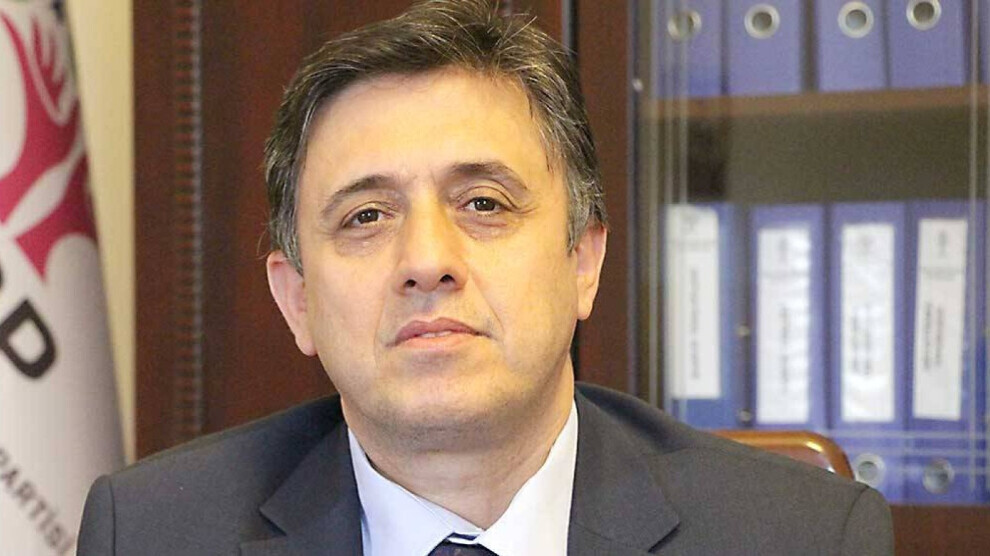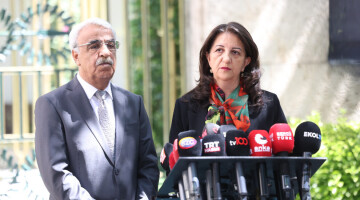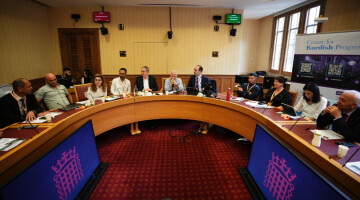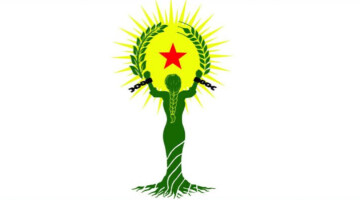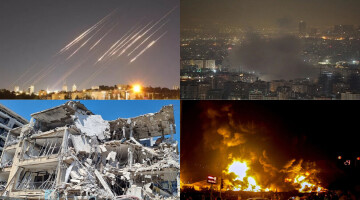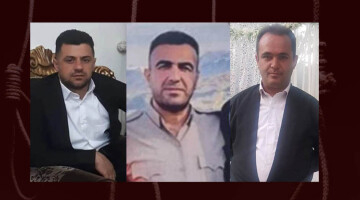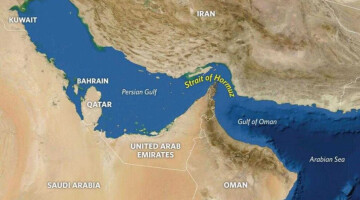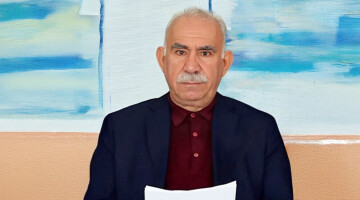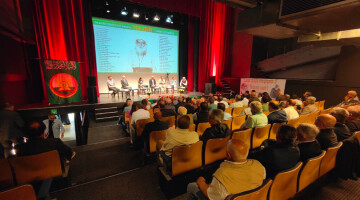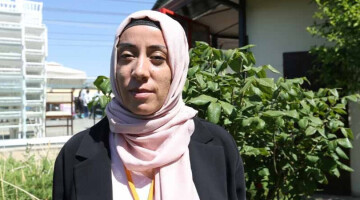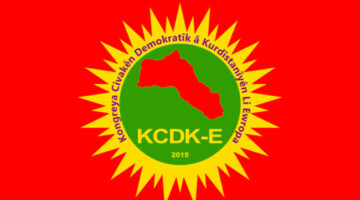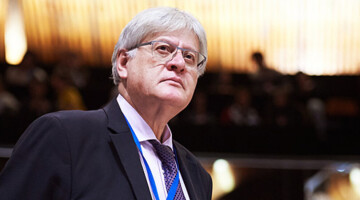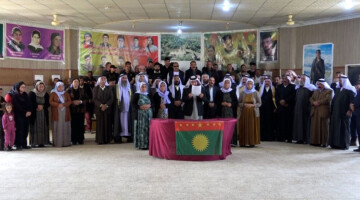Hundreds of thousands of people had to migrate to other cities after the earthquake that struck 11 provinces on February 6, killing tens of thousands of people. Following the mass migrations, concerns have emerged over the possibility of these displaced people voting in the upcoming elections. Although officials argue that there would be no problem with voting in the elections, the government remains reluctant to bring the issue to the agenda, prompting democratic mass organizations and political parties to take action.
The Peoples’ Democratic Party (HDP) Istanbul Provincial Organization announced that it had established a special commission to ensure that the earthquake victims who migrated to the Marmara region could vote in the next elections. Members of the commission said that the opposition parties should tackle the issue, since the government does not want to bring this matter to the agenda in order to prevent earthquake victims from voting.
ELECTION DURING STATE OF EMERGENCY
According to the HDP party assembly member Cengiz Topbaşlı, millions of displaced earthquake victims will not be able to go to their hometowns to vote in the upcoming elections. Members of HDP’s election commission stated that it was not known how long the state of emergency declared in the earthquake areas would remain in force, adding that there would be risks if voters were taken to their cities in the earthquake area. Topbaşlı said that the government did not have any roadmap about how millions of voters would vote in the upcoming elections.
Topbaşlı remarked that elections in the impacted regions would be held under extraordinary conditions. He noted that the HDP may be prevented from taking the victims to the region for elections, and entry to the region may be prohibited for various reasons. Therefore, the HDP has started to work for people to vote in their new settlements during the election process.
TIRYAKI: QUAKE VICTIMS REMAIN ELIGIBLE FOR VOTING
HDP Batman Deputy and YSK member Mehmet Rüştü Tiryaki told ANF that the HDP has been in the earthquake area since the first day of the earthquake and reorganized its work accordingly. Tiryaki stated that the government left the earthquake victims to their fate instead of creating opportunities for them to maintain their lives, and transported hundreds of thousands of them to other cities free of charge. He said: “There are concerns about the electoral status of those who left their cities due to the earthquake. First, I would like to point out that whether they stay in their hometowns or have to migrate to other cities, these people are still eligible to vote in the coming elections."
Tiryaki continued: "Citizens have two options. The first is to update their place of residence in the cities they moved to. In this way, they will be able to vote. The second option is to vote by going back to the earthquake area where they officially reside. We are trying to find out how many people have moved, and which cities they mostly go to. So, we are doing a kind of feasibility study. Based on the data, we will develop a strategy and work so that the earthquake victims displaced to other cities can vote. Moreover, we will carry out intensive work with our colleagues in order to create safe conditions for voting in the earthquake area, and we will closely monitor the work of the election boards.”
'VOTER MIGRATION'
Tiryaki continued: “I do not think that the government will try to prevent voters who have moved to other cities. The main reason is the fact that the AKP is the biggest party in most of the 11 cities devastated by the earthquakes. For this reason, I think that they will make much more effort to get them to vote. The issue is whether the government will try to pave the way for voter migration in Turkey under the guise of facilitating voting conditions in the cities the victims moved to. I would like to draw attention to this danger. We will follow this closely.”
A POLICY OF DEPOPULATION
Tiryaki raised concern over the depopulation efforts in the earthquake-hit areas where Kurds and Arab Alevis predominantly reside. Tiryaki emphasized that the Kurdish Alevi population was encouraged to leave their cities. He concluded: “I think that the government will introduce a policy of depopulation, and will even try to pave the way for demographic changes in some parts of the earthquake area, especially in the regions where Kurds and Alevis live predominantly. Against this, we will make efforts to create the conditions for the return of people who had to leave their homes and cities. We can achieve this through sister family campaigns that we will carry out, based on democratic mass organizations and local and international solidarity.”

